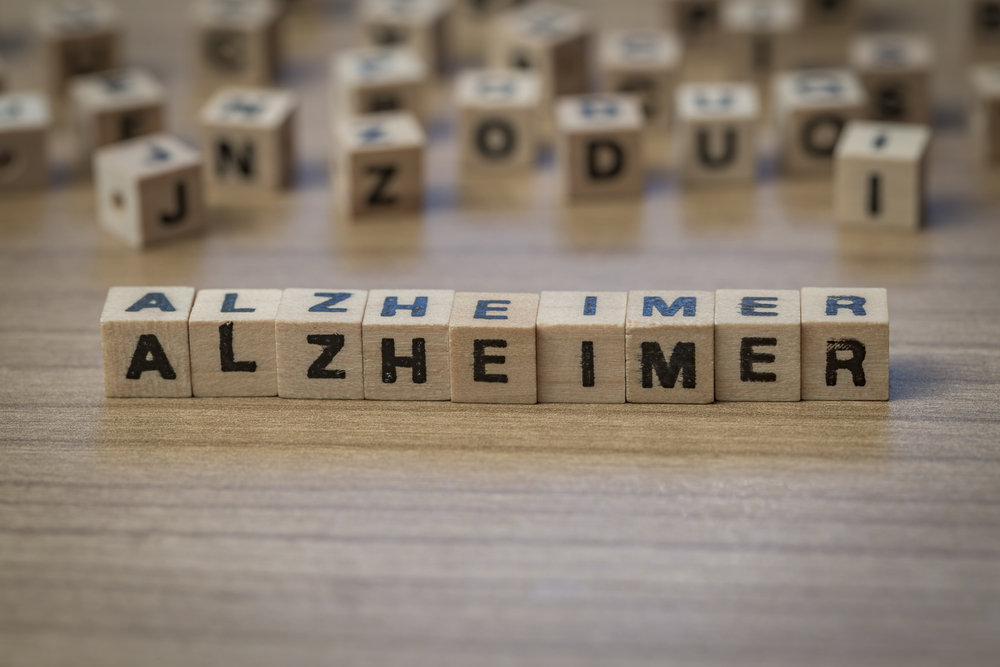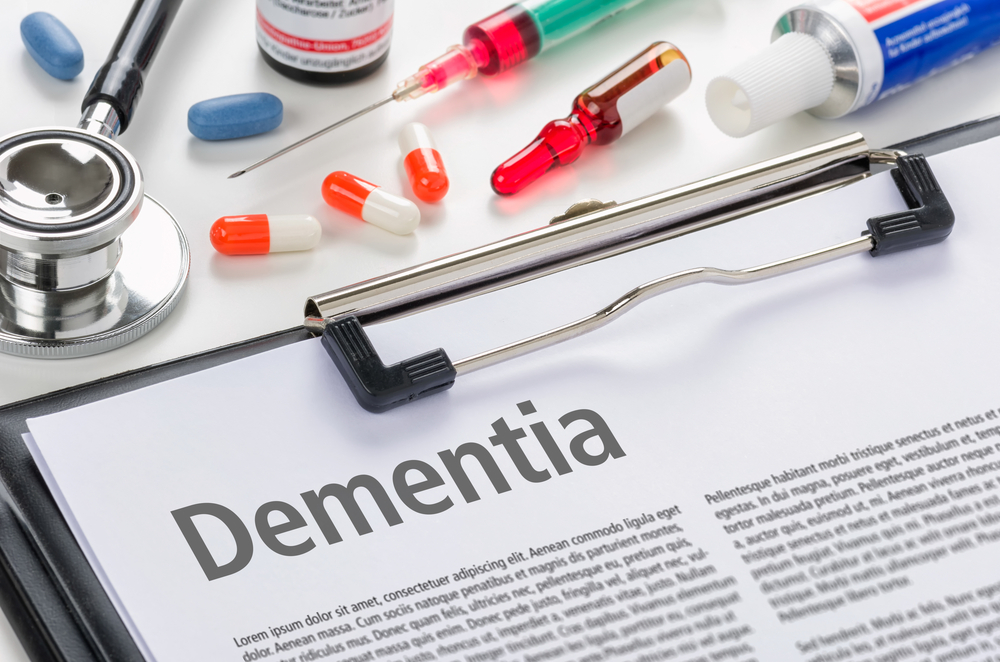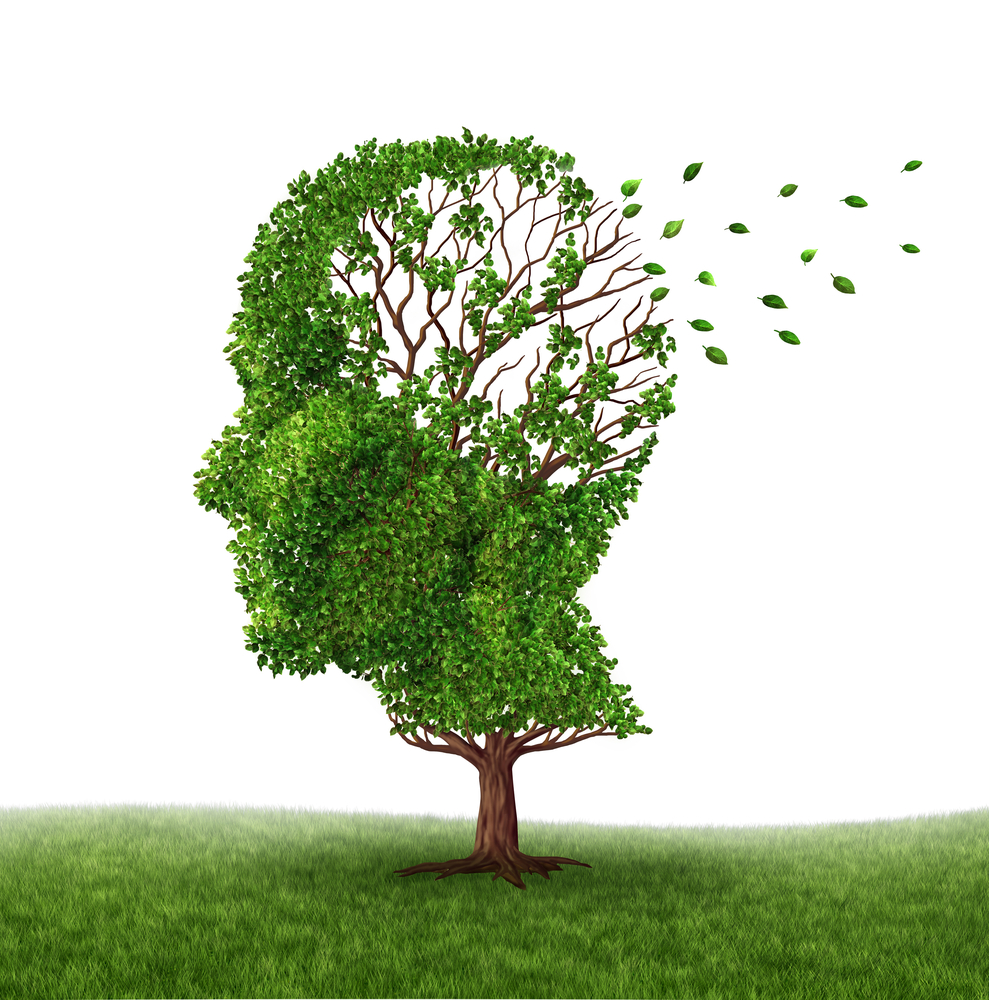There are several treatments available to help individuals with Alzheimer’s disease symptoms. Currently, there is no cure for dementia. The medications temporarily improve symptoms.
Alzheimer’s disease (AD), a progressive disease of the brain, is the common form of dementia. The disease can affect adults of any age, but in most people, the symptoms appear after the age of 65. Dementia refers to a loss of cognitive functions such as memory, reasoning, remembering, attention, and language. Within a few years, some patients may lose even the ability to carry out the basic self-care, imposing a great burden on their families.

In patients with AD, twisted fibers (tangles) and hard bits of protein (plaques) develop in the structure of the brain leading to the death of brain cells. Also, these patients have a shortage of chemicals that are involved with the transferral of messages in the brain.
Also Read: Be Strong Enough to deal with Diabetes
Symptoms
Alzheimer’s disease symptoms may include:
- Memory problems- It is a problem that may interfere with everyday life. Patients suffering from AD may experience forget messages or recent events. These people may have difficulty recalling information that recently has
- Changes in the behavior– Dementia patients can show different mood swings such as calm, crying, and anger without any obvious reason.
- Confusion- People may become confused or put things in inappropriate places, for example, a wristwatch in the bowl or iron on the refrigerator.
- Visual issues- Patients with this disorder of the brain can’t recognize a word or object as well unable to judge speed or distance.
- Change in personality- A person with a change in the personality due to AD may become less concern, confused, suspicious, or acting out of character.
- Language problem- People may find trouble finding right words to communicate. This condition may sometimes be called as aphasia.
- Trouble performing simple tasks- Alzheimer’s patient may experience difficulty completing tasks that have been familiar to them all their lives like playing a game or cooking a regular meal.
Cause
AD is linked to a combination of risk factors that are explained in detail below. Some of those that are associated with lifestyle can be controlled, but others that are related to age and genes cannot be cured.
- Age- It is the greatest risk factor for AD. The problem mainly targets people over 65. Above 65 years, an individual’s risk of developing this brain disorder doubles approximately after a period of five years. One in six over the age of 80 develops dementia.
- Lifestyle and Environmental Factors- The environmental factors that may give rise to AD have not been identified yet. Earlier it was believed that aluminum exposure might be the cause of AD. However, these beliefs have largely been discounted. People who follow a healthy lifestyle from an onset of their adulthood are less likely to have problems with their brain. Following a regular exercise plan, keeping a healthy body weight, eating a balanced diet, and drinking alcohol beverages in moderation lead to a healthy body throughout the age.
- Genetic inheritance- Most cases are not associated with the family history, or the problem does not run in the families. These are described as sporadic. Rarely, the disease is inherited or familial.
- Health conditions- Medical issues such as diabetes mellitus, hypertension, obesity, high cholesterol levels, heart problems are known to increase the chance of developing AD. People suffering from any of these conditions can reduce their risk by keeping theses under control.
Treatments
At present, there is no cure for AD and no ways to prevent brain cell death. But some drugs and nondrug treatments may help with the symptoms of dementia. The two treatments are available to help patients with dementia.
- Nondrug Treatment- Cognitive stimulation activities are introduced for dementia patients to raise the levels of nervous activity in their body. These activities are more group based and include games that are enjoyable. The benefits of this initiative could include improvement in thinking skills, memory and overall quality of life. If you are suffering from mild to moderate dementia, including Alzheimer’s can opt for this and participate in cognitive stimulation programs. You can discuss this Alzheimer’s disease treatment with your health care specialist.
- Drug treatment- Dementia patients could benefit from taking cholinesterase inhibitors such as rivastigmine, donepezil, and galantamine. Regular administration of these medications increases the amount of acetylcholine, a chemical which helps messages to travel around the brain.
Memantine is also a prescription medicine for people with AD. It can be taken into consideration when choline inhibitors are not suitable or do not help in the situation. The medicine does not stop the progression but can help reduce some symptoms that troubles you.
Also Read: Enough of Nausea and Vomiting, Now Get Rid of it Using Effective Home Remedies!
The disease has an enormous impact on the life of a dementia patient as well as for their family members. There is practical and emotional support available to help these individuals. The support and care services are provided by many private and government organizations to people affected by dementia.




